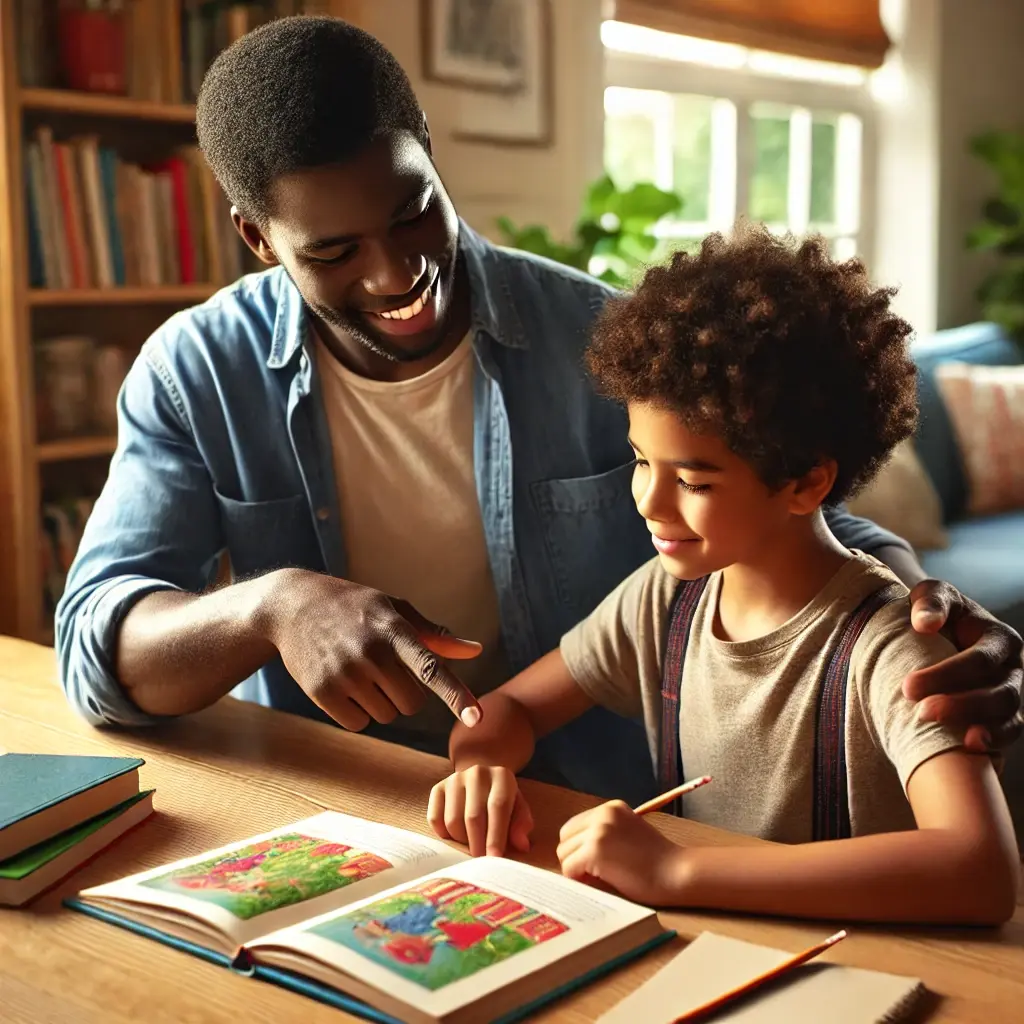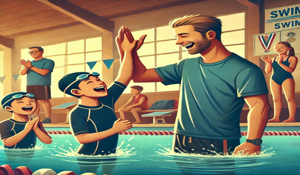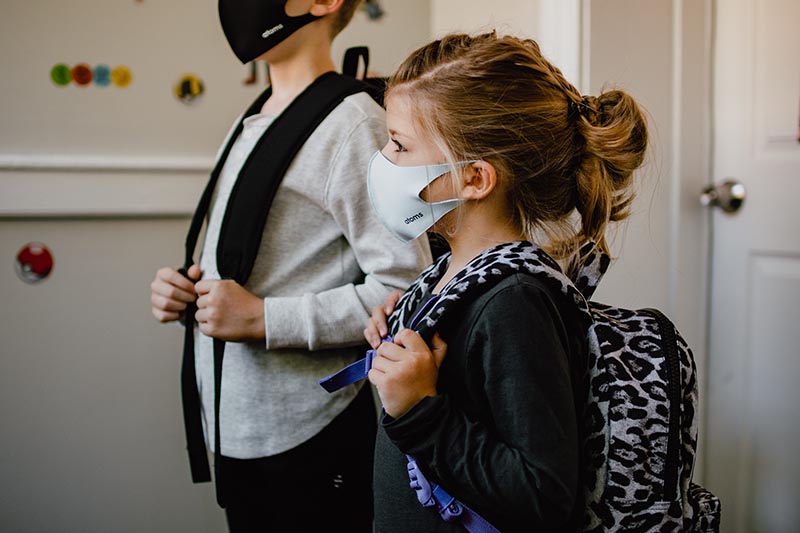
Back in March, Governor Murphy issued an executive order shutting down in-person instruction at all N.J. schools due to the coronavirus pandemic. State education officials recently released “The Road Back: Restart and Recovery Plan for Education,” a plan that outlines how schools should prepare to resume in the fall.
Under the restart plan
-
Schools will be required to have some level of in-person teaching.
-
Teachers, school staff, and visitors will need to wear masks barring any health conditions that prevent them from doing so.
-
Classrooms and school buses should try to keep students six feet apart or set up barriers between desks where space is not available.
-
Cafeterias will be open but meal times will need to be staggered to allow social distancing and disinfecting.
-
Schools must have measures in place to screen and test students and staff displaying symptoms of COVID-19.
-
Schools will need to schedule increased routine cleaning and disinfecting of frequently touched areas. Bathrooms will also need to be sanitized as much as possible to ensure student safety.
How other countries' reopening plans went
So far Europe has proven to be more successful in their reopening efforts. In France, schools have resumed in areas with lower rates of transmission. The classes are capped at 15 and parents have the option of keeping their child at home. Denmark was also successful in reopening despite an initial spike in positive cases. Danish officials credit social distancing and the limiting of opportunities where the virus could be transmitted to a large group of people.
In Asia, the results were much different. South Korea and Beijing had to close schools after reopening due to large outbreaks in the local communities. A new outbreak in Beijing has forced elementary and secondary schools to close again and return to online learning. South Korea also faced a resurgence in positive cases causing recently opened schools to close again and other schools to delay their reopening plans.
Covid Transmission from kids to adults
One study conducted in Iceland found that children were less likely to get infected than adults. Some doctors believe that adults have a more violent immune response to the virus due to increased exposure to similar viruses in the past. Others believe that the size difference between children and adults plays a part in the spreading of the virus. A smaller child would spray fewer harmful particles than an adult would.
Listen more on how the Coronavirus affects kids:
Ways to keep your child safe
-
Clean hands with soap and water or hand sanitizer
-
Maintain a safe distance of 6 feet from other people when possible
-
Wear a face mask in public settings
-
Clean highly used surfaces and objects often
-
Keep them active and eating healthy
References
https://www.nj.gov/education/reopening/NJDOETheRoadBack.pdf
https://www.theatlantic.com/health/archive/2020/07/how-coronavirus-affects-kids/613891/





